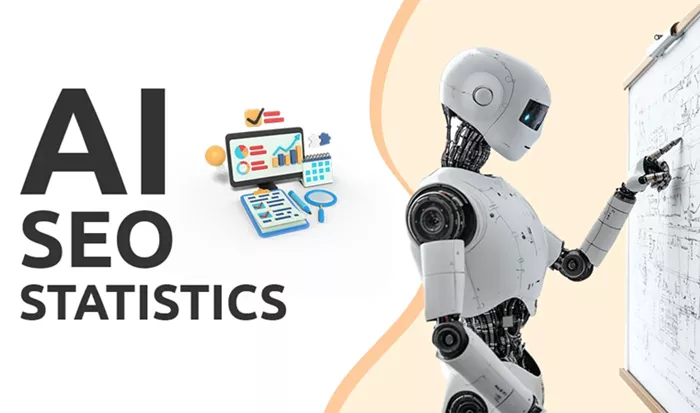In a shift away from traditional search engines, Adobe has unveiled a new tool designed to help brands stay relevant in an increasingly AI-driven digital landscape. The LLM Optimizer, announced during the Cannes Lions advertising festival, allows marketers to track and enhance their brand visibility as consumers turn to large language models (LLMs) like ChatGPT for information.
AI Chatbots Pose New Challenges for Online Advertising
Google has long held dominance in online search and advertising, controlling which brands are seen and which are overlooked. However, the rise of AI tools like ChatGPT and others is starting to challenge this monopoly. Consumers are increasingly using chatbots to seek information, product recommendations, and make purchasing decisions—an evolution that is reshaping how brands approach digital marketing.
According to Loni Stark, Vice President of Strategy and Product at Adobe Experience Cloud, AI interfaces are now pivotal in how customers discover and interact with brands. “Generative AI interfaces are becoming go-to tools for how customers discover, engage, and make purchase decisions,” Stark said. “With Adobe LLM Optimizer, we are enabling brands to confidently navigate this new landscape, ensuring they stand out and win in the moments that matter.”
LLM Optimizer: A Tool for Real-Time Brand Strategy Adjustments
The LLM Optimizer acts as a dashboard that monitors a brand’s performance across various generative AI platforms, such as ChatGPT, Gemini, and Claude. The tool provides insights into how brands are featured in AI-generated responses to user queries, helping marketers understand when and where their content appears.
The platform offers real-time notifications, alerting marketing teams when their brand content, such as website links, is included in chatbot responses. This feedback allows brands to fine-tune their marketing strategies based on user interactions. Additionally, the system includes a recommendation engine that identifies adjustments to improve brand visibility in LLM responses.
Streamlined Content Optimization
Adobe’s platform aims to simplify the process of refining content for AI search tools. Marketers can approve suggested changes with a single click, avoiding lengthy web development processes. The system ensures that modifications align with a brand’s established guidelines, providing consistency across all digital touchpoints.
Moreover, the LLM Optimizer can generate reports, which can be easily shared with other teams, helping to maintain a coordinated marketing strategy. Brands can access the tool through their Adobe Experience Manager accounts or as a standalone app. Pricing varies based on the size and specific needs of each enterprise.
The Changing Search Landscape
While AI tools like ChatGPT are gaining popularity, Google remains the dominant search engine. A recent study found that Google processed approximately 373 times more search queries than ChatGPT in 2024. However, the increasing use of chatbots for personalized product recommendations and service comparisons indicates a broader shift in consumer behavior.
For marketers, this means adapting to new tools and strategies. As Google’s search algorithm has dictated the way brands are seen for years, the rise of AI-driven search represents a new challenge. Generative AI is shifting the way users engage with the web, offering personalized and conversational experiences that traditional search engines cannot replicate.
Though Google’s stronghold on search and advertising is unlikely to diminish overnight, the launch of Adobe’s LLM Optimizer highlights a growing recognition that digital marketing strategies need to evolve with the times. As AI-driven search tools gain momentum, companies must adapt to the changing landscape in order to maintain visibility and relevance in an increasingly crowded digital space.
Related Topics
- Generative AI Is Transforming SEO Strategies
- The Industry-Leading Ecommerce SEO Guide for 2025
- AI-Powered SEO Tools Redefine Digital Strategy in 2025

